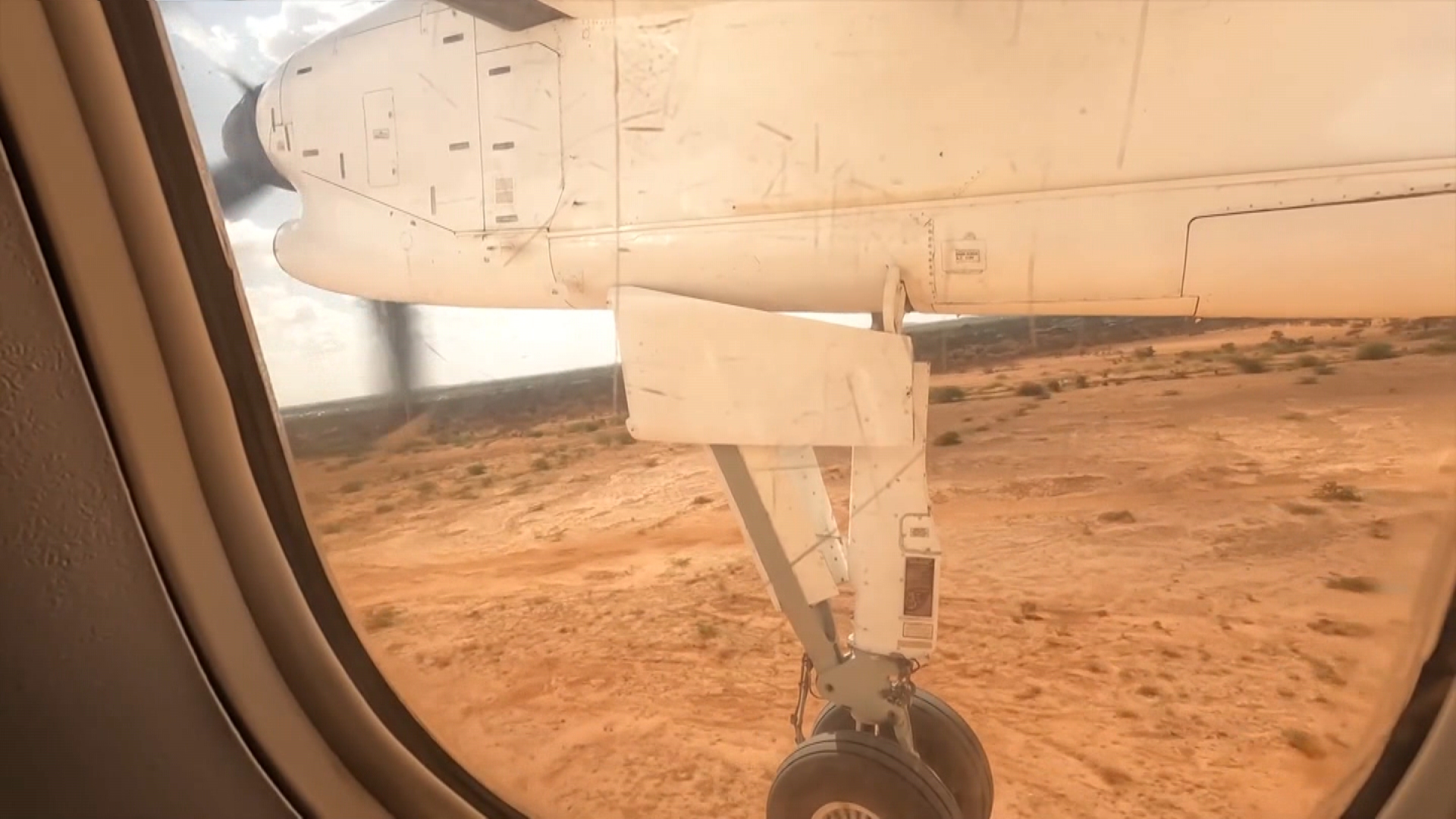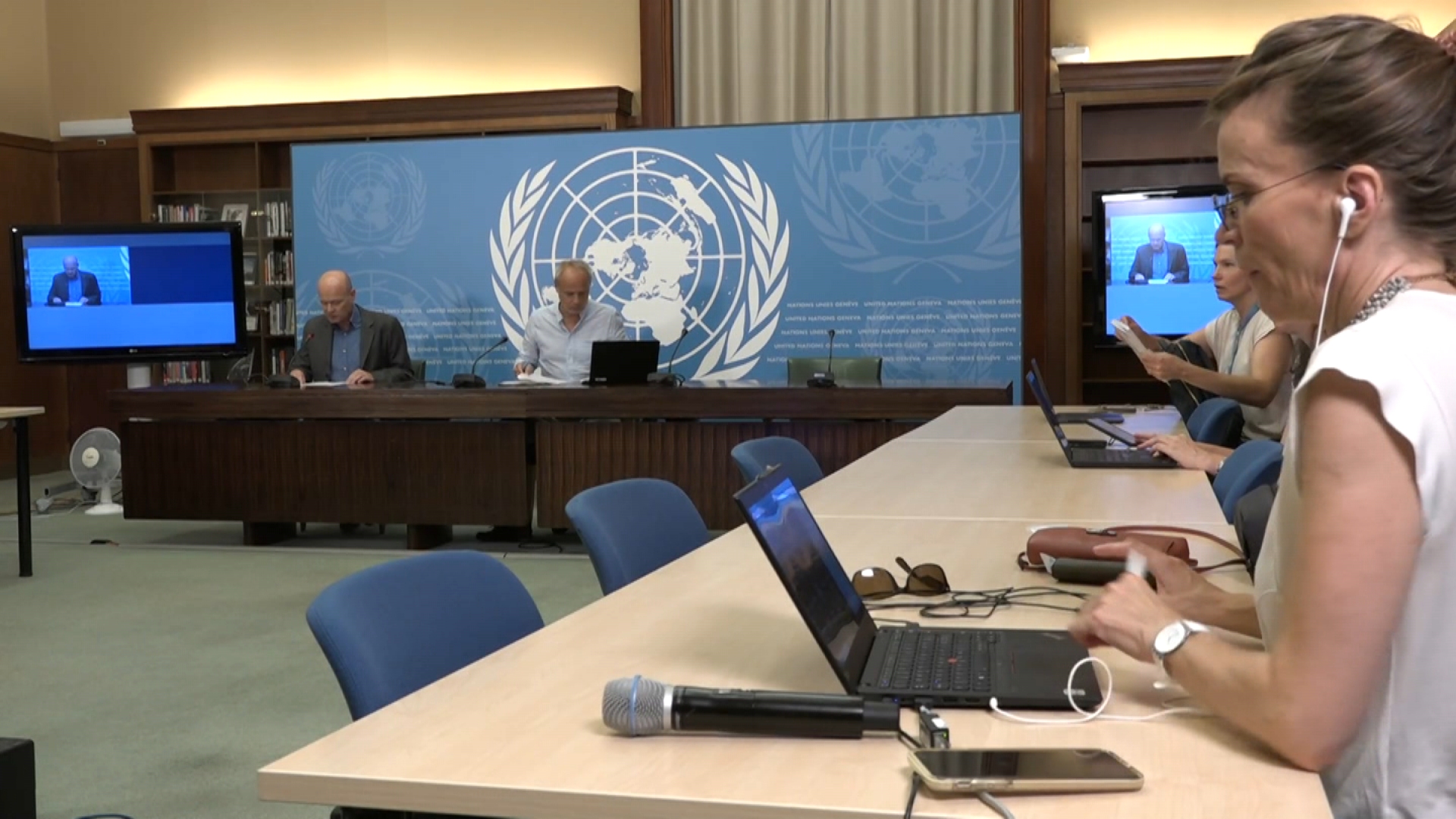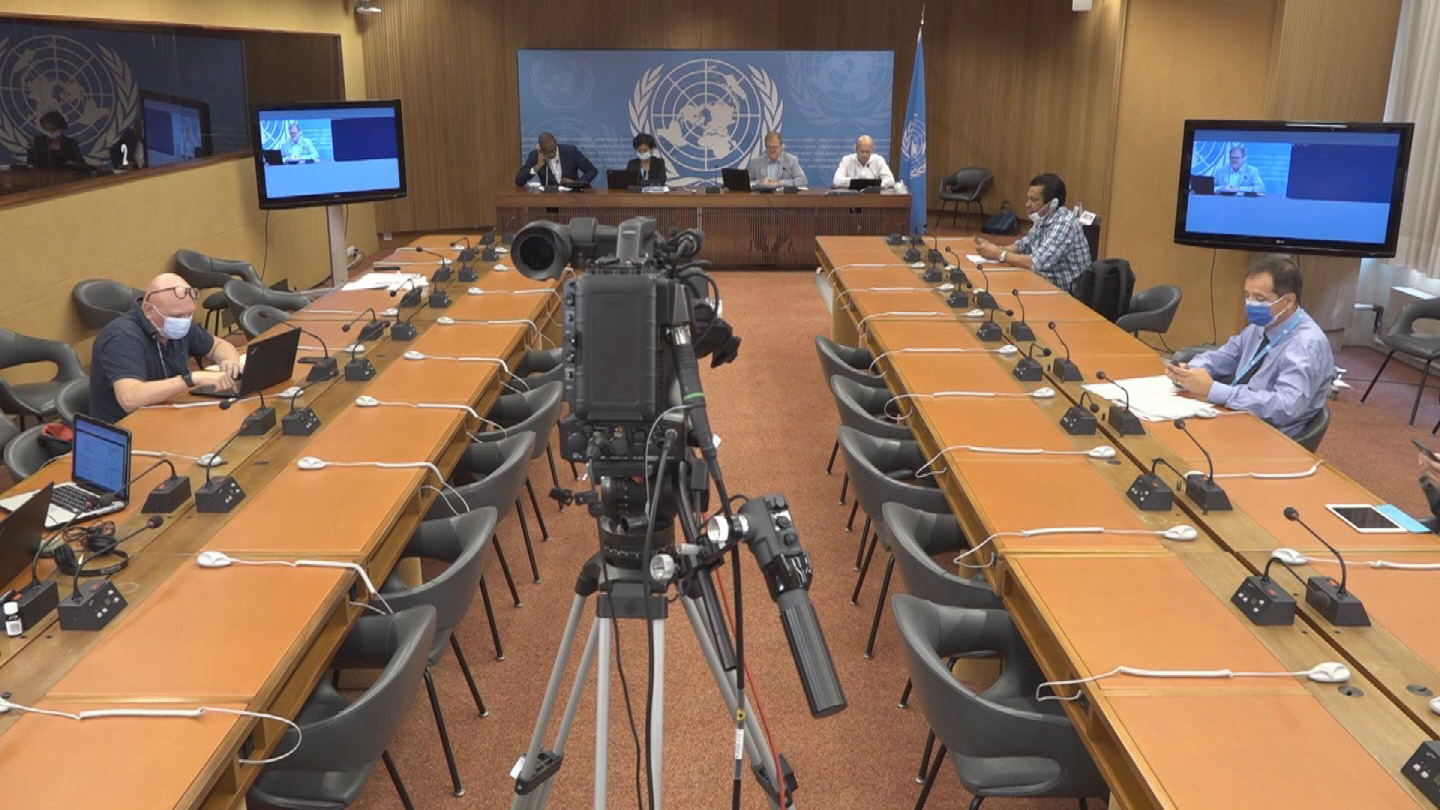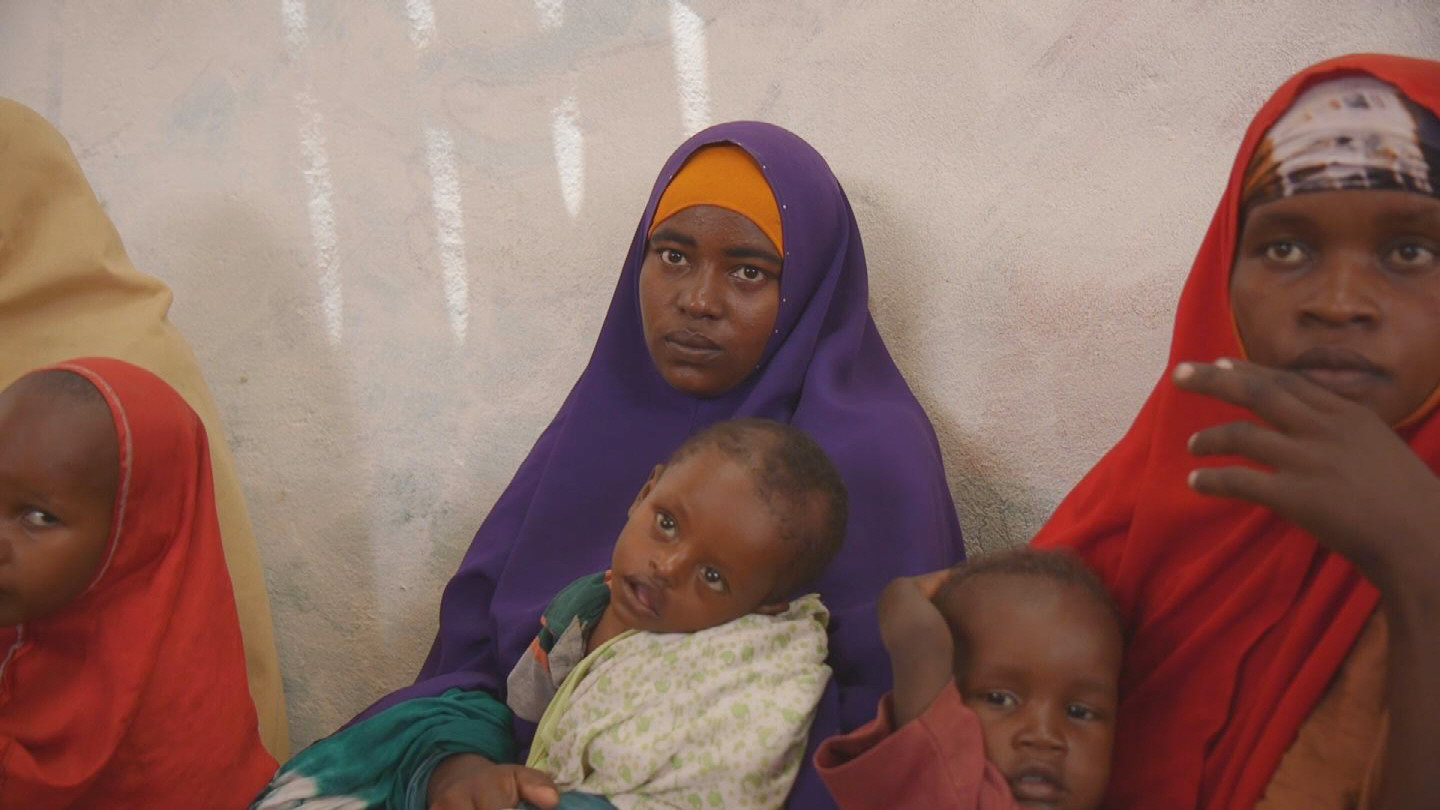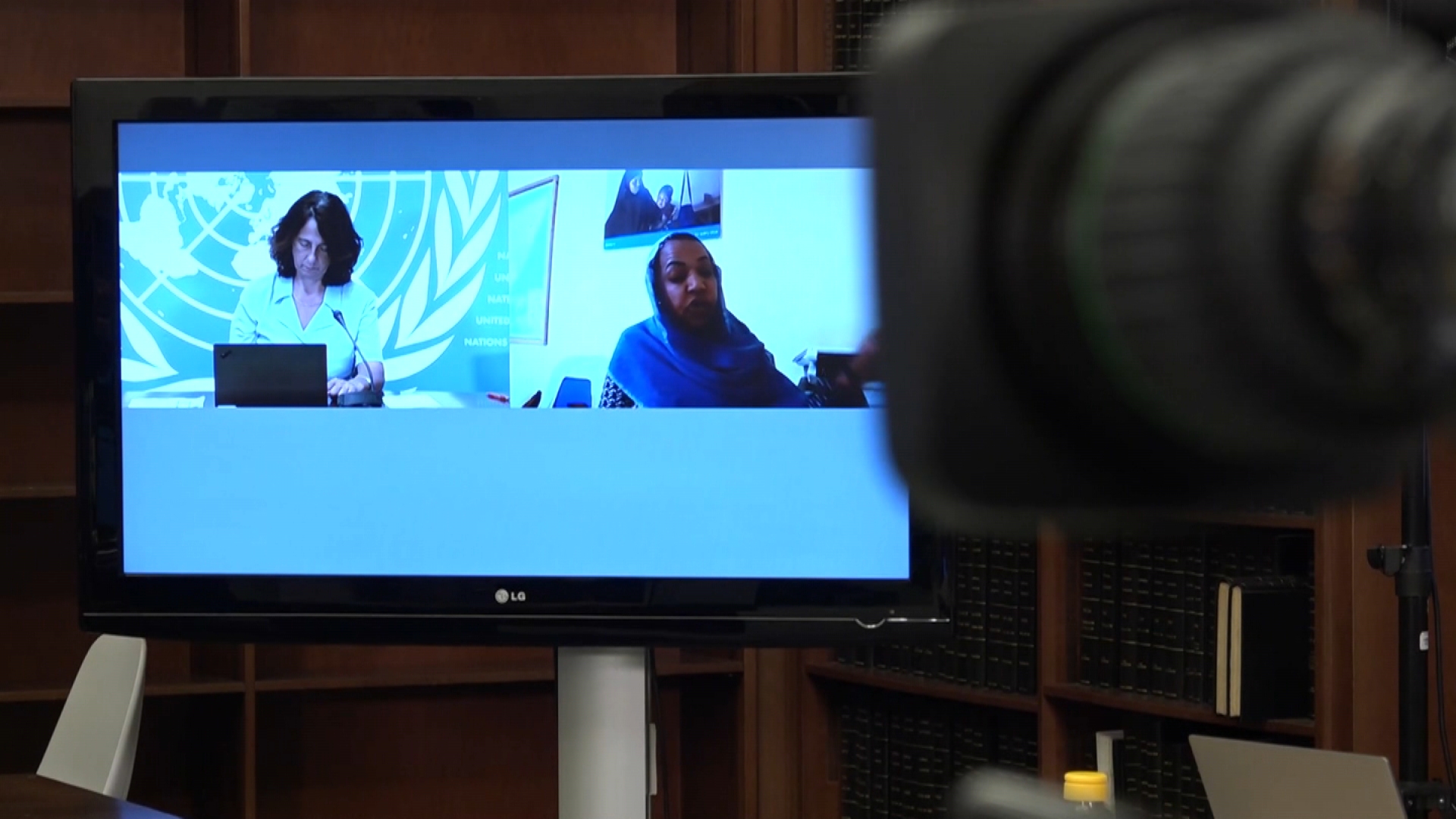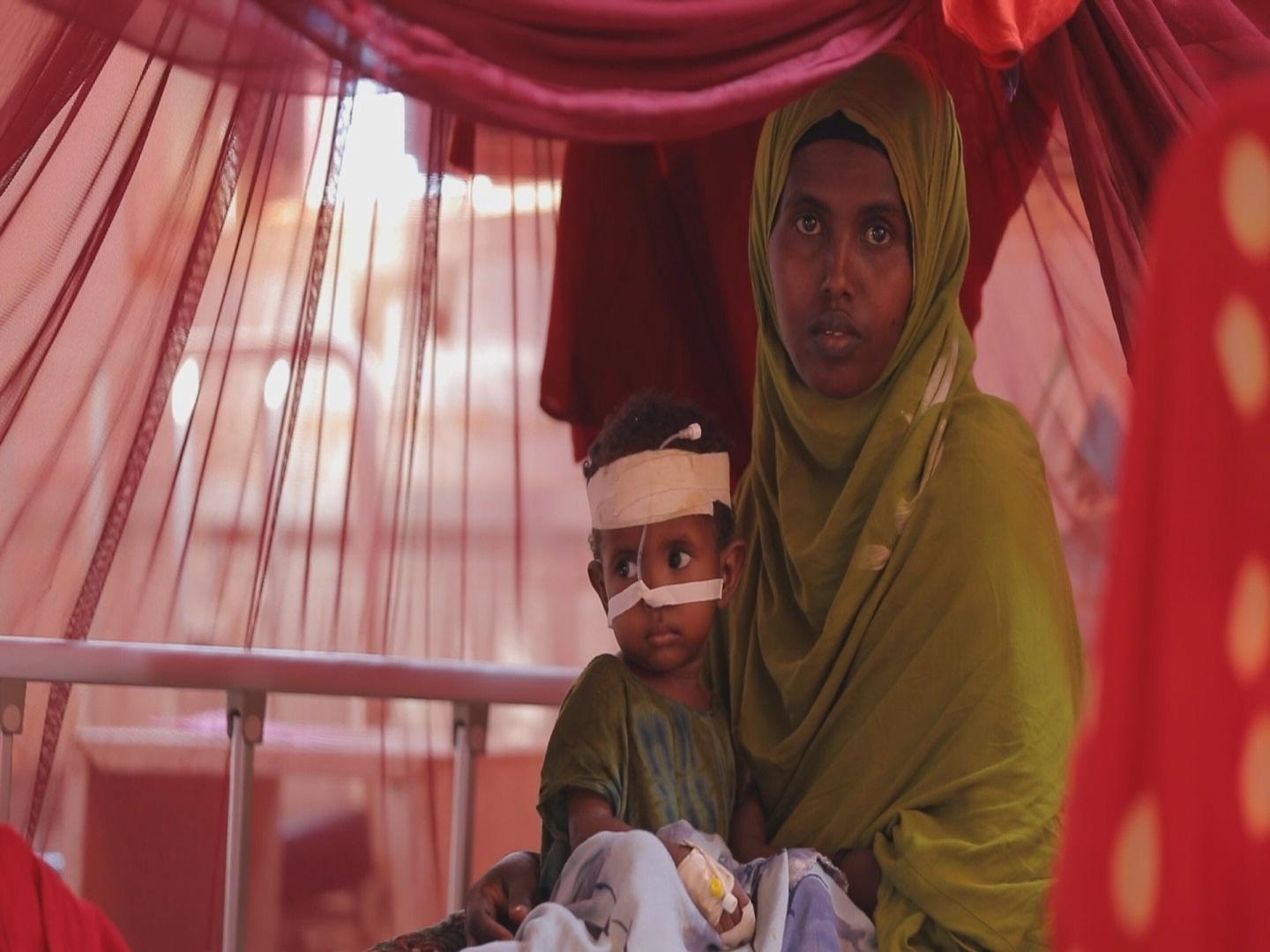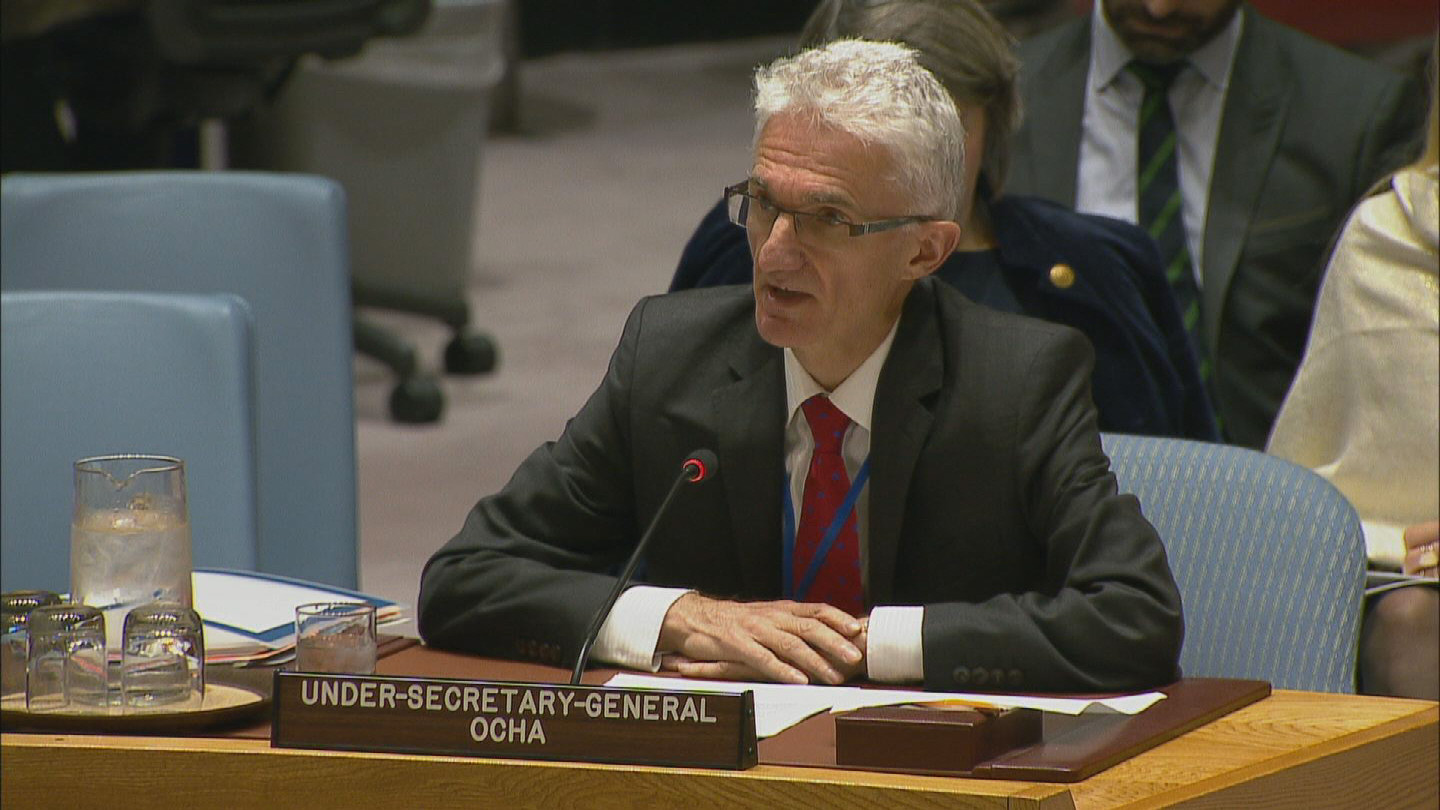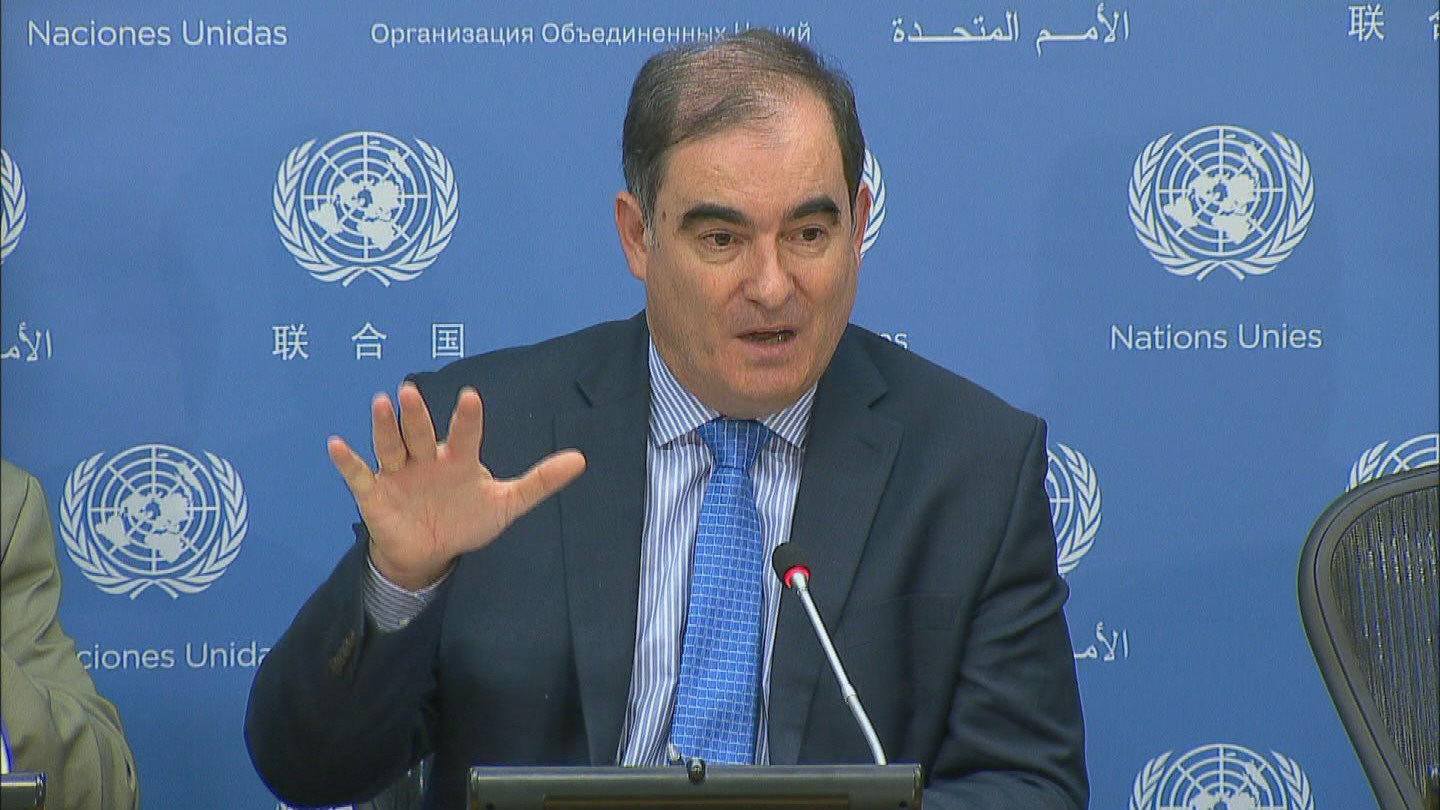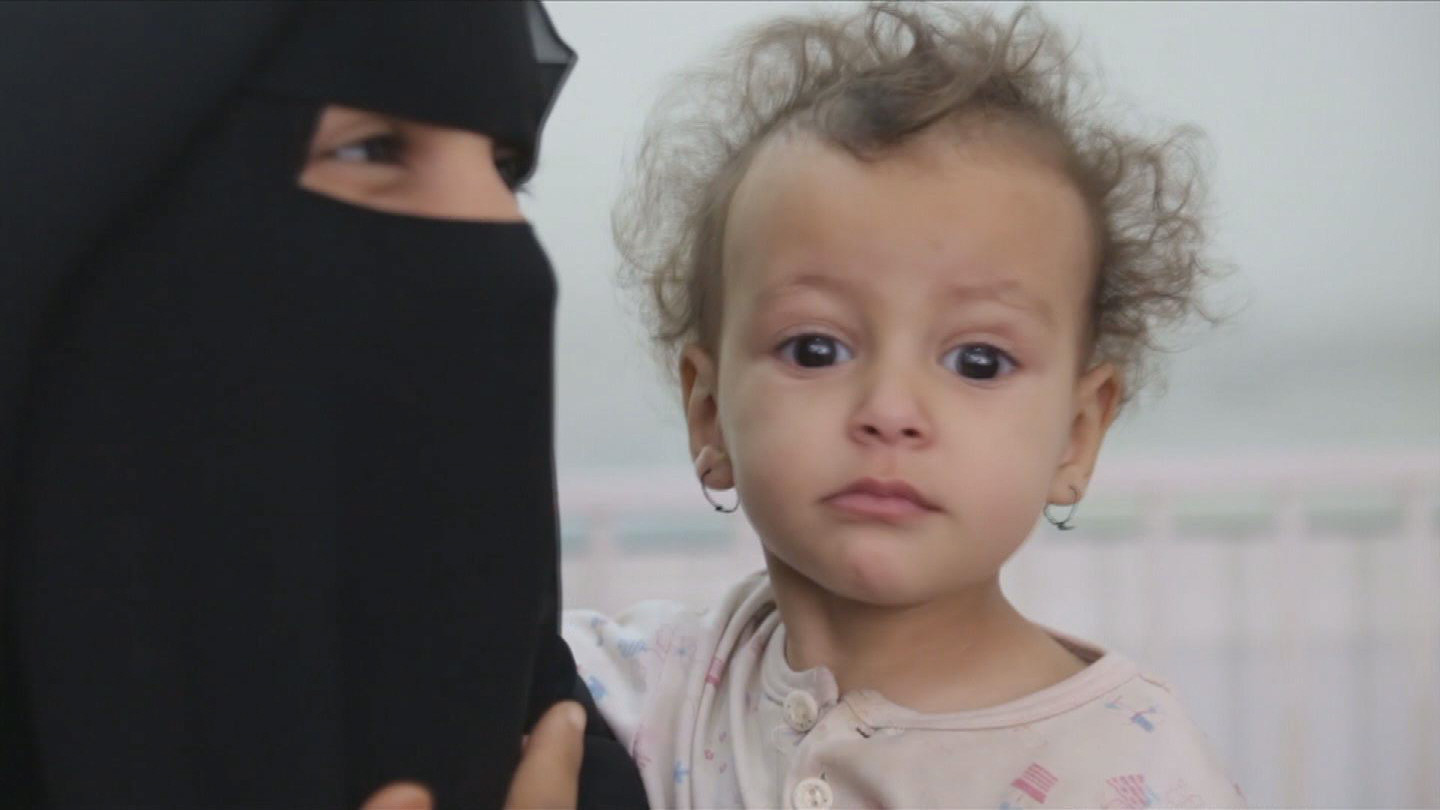GENEVA / SOMALIA MALNUTRITION
Download
There is no media available to download.
Share
STORY: GENEVA / SOMALIA MALNUTRITION
TRT: 3:05
SOURCE: UNTV CH
RESTRICTIONS: NONE
LANGUAGE: ENGLISH / NATTS
DATELINE: 2 MAY 2017 GENEVA, SWITZERLAND
1. Wide shot, exterior, Palais des Nations
2. Wide shot, press briefing room
3. SOUNDBITE (English) Marixie Mercado, Spokesperson for UNICEF:
”Acutely malnourished children we expect there will be 1,4 million over the course of 2017. That includes 275,000 severely malnourished, this is the most severe form of malnutrition, the kind that makes children nine times more likely to die of diseases such as cholera or measles or even malaria”.
4. Med shot, journalists
5. SOUNDBITE (English) Marixie Mercado, Spokesperson for UNICEF:
”We UNICEF, we treat the most severe cases of malnutrition, So that number that you have in the press release of 56,000 are children that we have already treated since the beginning of the year. And that represents 88 per cent more than the number of children treated for severe malnutrition in 2016”.
6. Close up, journalist
7. SOUNDBITE (English) Marixie Mercado, Spokesperson for UNICEF:
”We had to travel by chopper and while we were there we had to travel by APC (Armoured Personnel Carrier) and at one point we had mine sweepers in front of us just securing the path for us. Somalia is a super complicated complex operating environment and that has impact on every aspect of our humanitarian operation”.
8. Med shot, Unicef staff
9. SOUNDBITE (English) Marixie Mercado, Spokesperson for UNICEF:
”Somalia has seen now three failed rains, so it is also the fact that the drought is happening more often and more severely means that people are less able to recover in between and that makes them that much more vulnerable to what is happening now”.
10. Med shot, journalists
11. SOUNDBITE (English) Jens Laerke, Spokesperson for the UN Office for the Coordination of Humanitarian Affairs (OCHA):
“In terms of displacement triggered by this drought we are also seeing a steadily claiming number and we are, as of today, of 615,000 people seen displaced since November 2016. So a very steep increase in the number of displaced. As you may know we had even before this drought around 1 million people already internally displaced and this comes on top of that”.
12. Wide shot, journalists
13. SOUNDBITE (English) Jens Laerke, Spokesperson for the UN Office for the Coordination of Humanitarian Affairs (OCHA):
“The Secretary-General at the end of February asked for a total of 4,4 billion US Dollars, the portion that was to be allocated to Somalia is 720 million USD. Of that particular ask we have now received almost 58 per cent, in absolute dollar terms that is 415 million US Dollars against that call. That is encouraging, of course we still need the last 40 per cent or so, that is clear we are still in a race against time”.
14. Wide shot, journalists
Some 1.4 million children in drought-hit Somalia are projected to suffer acute malnutrition this year, the United Nations Children's Fund (UNICEF) announced today (2 May) in Geneva.
Marixie Mercado, UNICEF Spokesperson told reporters in the Swiss city that 1.4 million projected “includes 275,000 severely malnourished, this is the most severe form of malnutrition, the kind that makes children nine times more likely to die of diseases such as cholera or measles or even malaria”.
UNICEF’s spokesperson added ”we treat the most severe cases of malnutrition, so that number that you have in the press release of 56,000 are children that we have already treated since the beginning of the year. And that represents 88 per cent more than the number of children treated for severe malnutrition in 2016”.
The combination of drought, disease and displacement are deadly for children.
In response to a question about how the security situation in Somalia is affecting humanitarian aid, Mercado, who is just back from a visit to Somalia, said”we had to travel by chopper, and while we were there we had to travel by APC (Armoured Personnel Carrier), and at one point we had mine sweepers in front of us just securing the path for us. Somalia is a super complicated complex operating environment and that has impact on every aspect of our humanitarian operation.”
Around 615,000 people, the vast majority of them women and children, have been displaced by drought since November 2016.
Mercado said ”Somalia has seen now three failed rains, so it is also the fact that the drought is happening more often and more severely means that people are less able to recover in between and that makes them that much more vulnerable to what is happening now.”
Jens Laerke, spokesperson for the UN Office for the Coordination of Humanitarian Affairs (OCHA) said “in terms of displacement triggered by this drought we are also seeing a steadily claiming number and we are, as of today, of 615,000 people seen displaced since November 2016."
New population movements will further aggravate the situation, according to UNICEF experts: those who remain at home will need urgent assistance so that they do not flee, and those who have already fled, and are now in camps, are extremely vulnerable – children most of all.
Early planning and funding has made possible a significant scale up in UN assistance to Somalia.
Laerke sais “the Secretary-General at the end of February asked for a total of 4,4 billion US Dollars, the portion that was to be allocated to Somalia is 720 million USD. Of that particular ask we have now received almost 58 per cent, in absolute dollar terms that is 415 million US Dollars against that call. That is encouraging, of course we still need the last 40 per cent or so, that is clear: we are still in a race against time.”
In 2011 a famine in Somalia killed an estimated 260,000 people. Many of them were children who perished from severe diarrhoea and measles.
